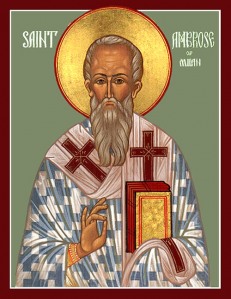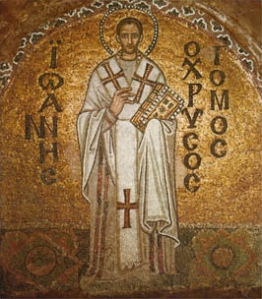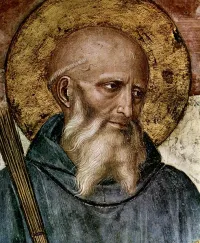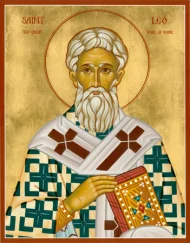 Let your face shine on your servant, and teach me your precepts.
Let your face shine on your servant, and teach me your precepts.
The Lord enlightens his saints and makes his light shine in the hearts of the just….
When you see wisdom in anyone you can be sure that the glory of God has come down and flooded that person’s mind with the light of understanding and knowledge of divine truth.
With Moses, however, it was different: God’s glory affected his body also, causing his face to shine.
[…] Now the face of Moses represents the splendour of the Law; yet this splendour is not to be found in the written letter but in the Law’s spiritual interpretation.
As long as Moses lived, he wore a veil over his face whenever he spoke to the Jewish people. But after his death Jesus, or Joshua, the son of Nun, spoke to the elders and the people without a veil…. Joshua’s glory, however, would be seen in his deeds rather than in his face.
By this the Holy Spirit signified that when Jesus, the true Joshua, came, he would lift the veil from the heart of anyone who turned to him in willingness to listen, and that person would then see his true Saviour with unveiled face.
[…] Through the coming of his Son, God the almighty Father made his light shine into the hearts of the Gentiles, bringing them to see his glory in the face of Christ Jesus.
[St Paul says]: The God who commanded light to shine out of darkness has made his light shine in our hearts, to enlighten us with the knowledge of God’s glory shining in the face of Christ Jesus.
And so when David says to the Lord Jesus: Let your face shine upon your servant, he is expressing his longing to see the face of Christ, so that his mind may be capable of enlightenment.
These words can be taken as referring to the incarnation, for as the Lord himself declared: Many prophets and righteous men have desired to have this vision.
David was not asking for what had been denied to Moses, namely that he might see the face of the incorporeal God with his bodily eyes…. (If Moses…could ask for this direct, unmediated vision, it was because it is inherent in our human nature for our desire to reach out beyond us.)
There was nothing wrong, therefore, in David’s desire to see the face of the Virgin’s Son who was to come; he desired it in order that God’s light might shine in his heart, as it shone in the hearts of the disciples who said: Were not our hearts burning within us when he opened up the Scriptures to us?
Ambrose of Milan (c. 337-397): On Psalm 118 17:26-29 (CSEL 62:390-392); from the Monastic Office of Vigils, Wednesday of the Third Week in Lent, Year 2.
















